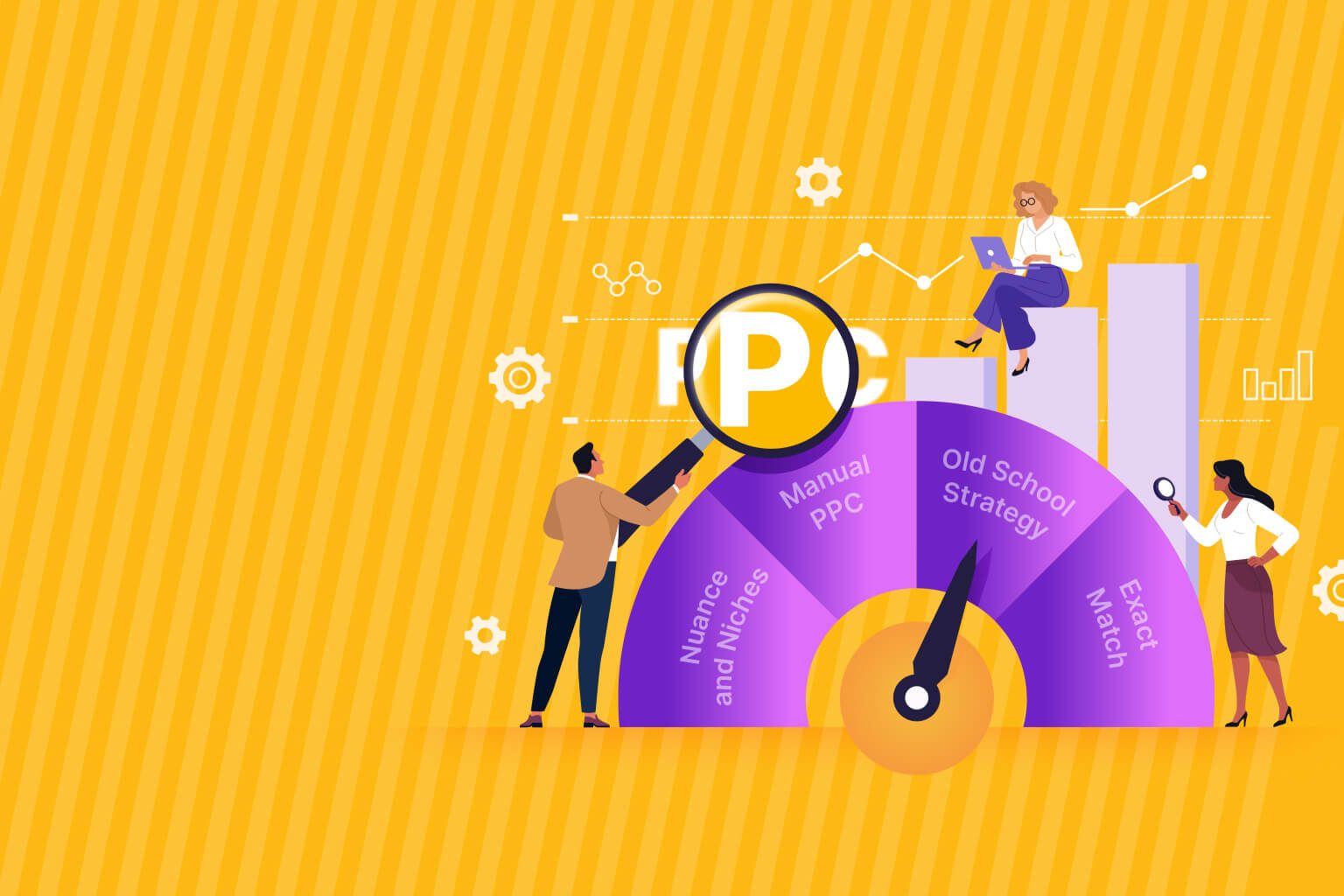Back in January 2024 I wrote a blog for the new Yello website (as it had just been launched) to cover two developments which would have a big impact on digital marketing; AI in Google advertising and the impending legal troubles Google were finding themselves in.
AI Powered Ads
The AI-in-Ads prediction was accurate, although the timescale has been slightly protracted by Google delaying some functions which offer more control to the user. I also mentioned that AI would help fill in the gaps in campaign measurement brought about by user privacy concerns and inherent privacy protections added in browsers and operating systems; this is something that works, although you need substantial amounts of data for it to work.
One thing that has finally come about is that the AI-driven ads are now much easier to set up. Back in January last year creating a Performance Max campaign was more challenging. You got little guidance and then when it was up and running, you didn’t get a whole lot of feedback on the targeting the campaign was actually using. Now, Google have included search themes, both in reporting and for targeting, which makes the whole process much easier. It also helps build confidence that Google’s system is targeting the right audience.
We’re now looking at even more AI-powered ad features being rolled out imminently, such as Search Max. All this being said, old-fashioned manually configured ad campaigns haven’t gone anywhere. In fact, Google recommends running these campaigns side-by-side with Performance Max campaigns.
AI in Search
Paid advertising isn’t the only place AI has made itself felt. Organic search has seen a significant shift in behaviour since Google rolled out AI Overviews. Informational searches, once a healthy source of top-of-funnel traffic, are almost entirely dominated by an AI explanation. This “solution in the SERPs” has seen a serious drop in actual clicks through to the websites for these informational searches. After some backlash, both from the general public and from publishers who have seen their livelihoods destroyed, Google do now include citations for their AI responses with links to the sites they take the information from.
This has resulted in some people asking if Google are breaking the fundamental and unspoken agreement they have with the rest of the internet. We provide the information, Google provides the traffic. We’re still providing the information, but Google is now taking that and not sending the traffic our way. This is on top of the issues many people have with AI “stealing” from human creators.
On top of these issues, we also see that AI is still far from foolproof. Google’s Gemini is especially susceptible to leading questions. Asking the same question with slightly different emphasis can result in entirely contradictory answers, as the AI seems to try to feed whatever bias you like.
Lawsuits
The major antitrust trial Google faced was settled with the judge writing a long explanation of why the Department of Justice’s argument was sound. Google was determined to have broken the law to build and maintain a monopoly. Public sympathy for Google (at least in the digital marketing industry) was almost entirely lost when Google’s public response to being told they had an illegal monopoly was to say, “But we’re really good and we earned it.”
Resolution of this case is still ongoing, but the demands have been that Google stop doing the illegal activities and that they get rid of Chrome (a fundamental back channel of information that powers how their search engine makes judgments). Since Sundar Pichai made a notable presence at Donald Trump’s inauguration alongside other tech elites, he may be banking on the more business-friendly DoJ of the current administration being more kindly disposed to Alphabet’s legal woes.
Cosying up to the US president won’t necessarily help Google on this side of the Atlantic, where both the UK and EU governments are taking aim at various tech giants for their dubious practices, and several private lawsuits are being levelled at Google in British and European courts. Like many other big tech companies, Google are likely to feel the impact of new legislation, the UK’s Online Safety Act is one, while the EU’s Digital Markets Act is already being used against US tech giants.
What this means
Well, it means that our predictions from January last year were pretty accurate. AI in search (both paid and organic) is a godsend if your business is selling physical things on the internet. Services-based businesses, especially those in niches or focusing on B2B, are experiencing the AI revolution differently.
Paid advertising targeting niches is less impacted by the new AI features as they are less useful for more nuanced fields. The reliance on content-heavy websites to capture organic search traffic for B2B sites is a tactic that is being killed off by AI answers.
The legal matters won’t be resolved quickly and Google have shown that they are completely unrepentant, so they’re unlikely to volunteer changes to their procedures and policies. Courts move at their own pace, and a company as large as Google will exhaust every possible avenue for appeals should they lose. So, while there is the potential for these legal matters to have a considerable impact on everyone’s businesses, it’s unlikely to play out very quickly.



